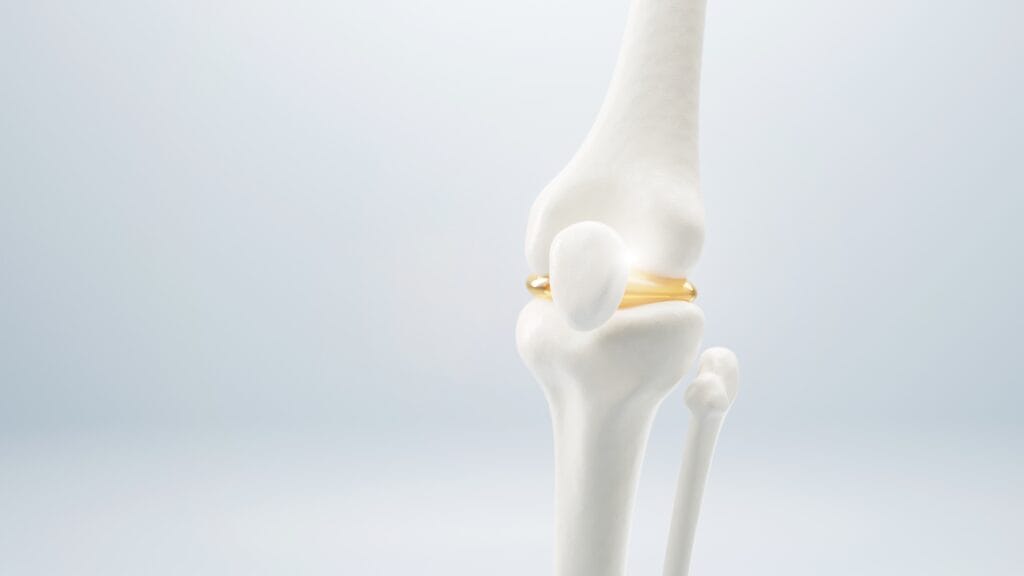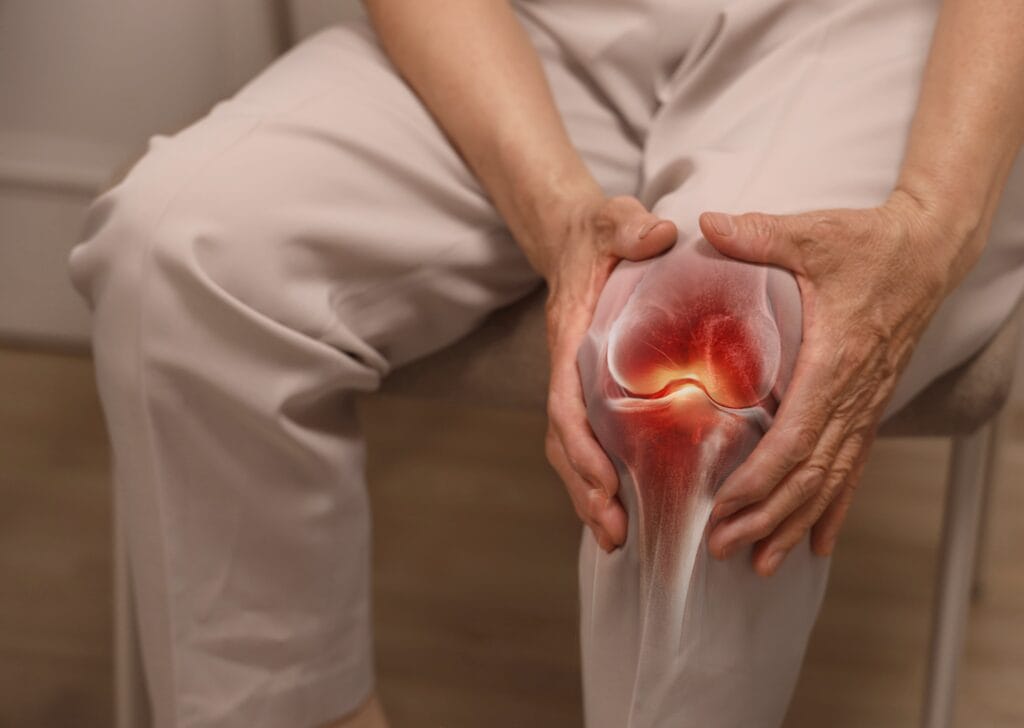Step into Better Health!
It may sound simple, but regular walking can work wonders for both your body and mind.
Whether your goal is weight loss, improved sleep, or a longer life, there are countless reasons to lace up your shoes and get moving. Here are 11 compelling reasons why walking should be a part of your daily routine:
Stronger Bones

Daily walks can play a vital role in preventing bone loss, particularly for women at risk of osteoporosis. Research indicates that postmenopausal women who walk for just 30 minutes a day can lower their risk of hip fractures by as much as 40%. This simple activity strengthens your bones and reduces the likelihood of fractures, helping you stay active and independent longer.
Improved Blood Circulation

Walking enhances your circulation and promotes a healthy heart. Studies show that women who dedicate just 30 minutes a day to walking significantly lower their risk of stroke by up to 40%. This cardiovascular boost also helps regulate blood pressure and supports overall heart health.
Enhanced Muscle Strength

Walking is a whole-body workout. While your legs do much of the work, your abdominal muscles and even your arms are engaged during a walk. This full-body movement helps improve your range of motion, increases muscle tone, and reduces the risk of injuries in the long term.
A Longer Life

Physical activities like walking are linked to increased life expectancy. Research suggests that individuals who maintain an active lifestyle in their 50s and 60s can reduce their risk of premature death by 35% over the next eight years. Walking regularly keeps your body functioning optimally and adds years to your life.
Better Sleep Quality

Struggling with sleepless nights? Walking can help! Women who go for an hour-long walk in the morning report fewer issues with insomnia compared to those who skip the stroll. Walking helps regulate your circadian rhythm, making it easier to fall asleep and stay asleep.
Sharper Mental Acuity

Keep your brain sharp by hitting the pavement. Regular walking—especially covering around 4 kilometers a day—can slow down age-related memory decline. This cognitive benefit is particularly important as we age, helping you maintain clarity and focus.
Joint Support and Health

Walking nourishes the cartilage in your joints by compressing and releasing it, ensuring better lubrication and nutrient flow. This simple movement keeps your joints healthy and can help stave off pain and stiffness, making walking an excellent choice for people with arthritis or other joint issues.
Lower Risk of Alzheimer’s Disease

Older adults who walk more than half a kilometer daily reduce their risk of developing dementia and Alzheimer’s by 50%. Regular walking stimulates brain health, supporting memory and cognitive function as you age.
Elevated Mood

Walking is a natural mood booster. This activity stimulates the release of endorphins—your brain’s “feel-good” chemicals—that reduce stress and enhance emotional well-being. The more steps you take, the more positive and energized you’ll feel throughout the day.
Weight Loss Aid

Walking is a simple and effective way to shed unwanted pounds. A brisk 30-minute walk can burn around 200 calories. Over time, this calorie burn can contribute significantly to weight loss, particularly when paired with a nutritious diet.
Improved Breathing

Regular walks help improve lung function by enhancing oxygen flow throughout your body. This increased oxygenation supports energy production and accelerates the healing process, leaving you feeling more vibrant and revitalized.
This information is adapted from insights provided by the Arthritis Foundation.
Start your walking journey today—it’s one of the easiest and most rewarding ways to prioritize your health!
